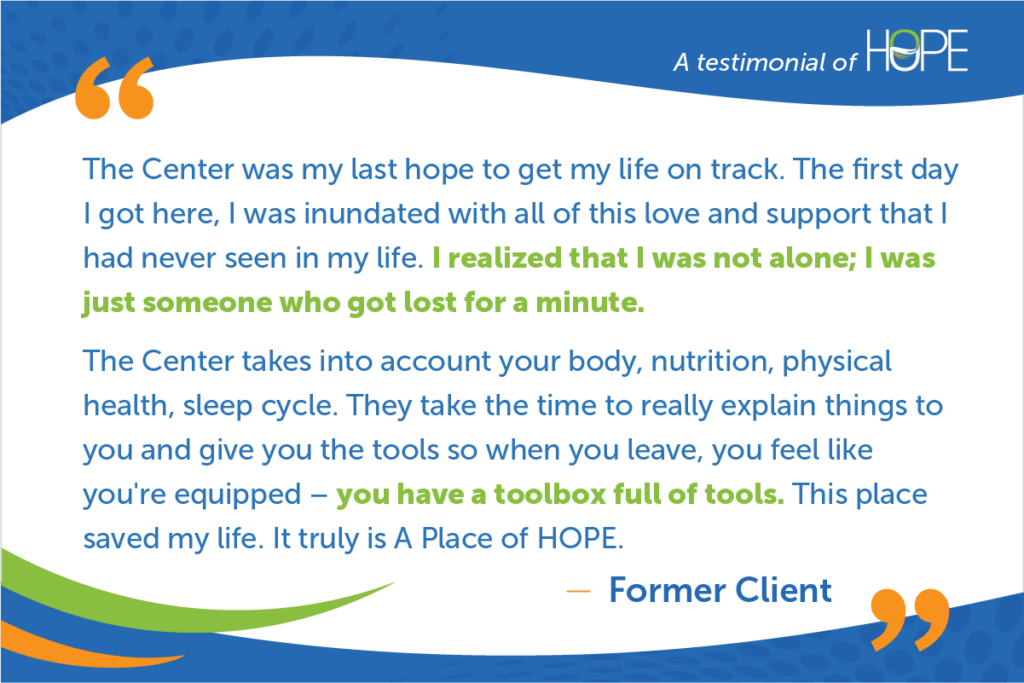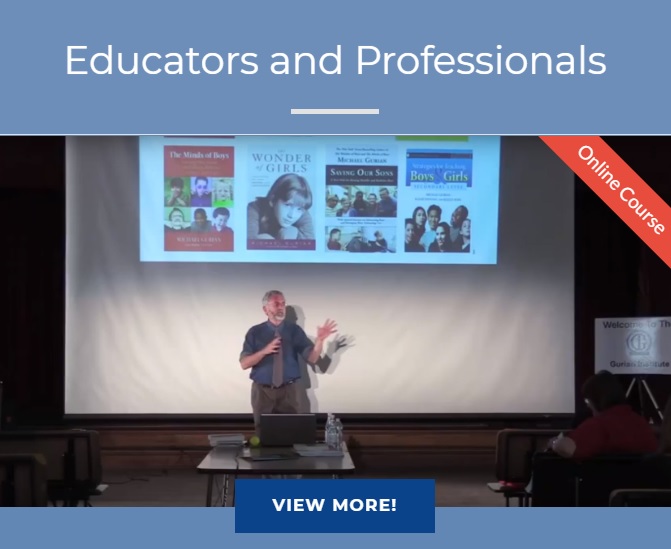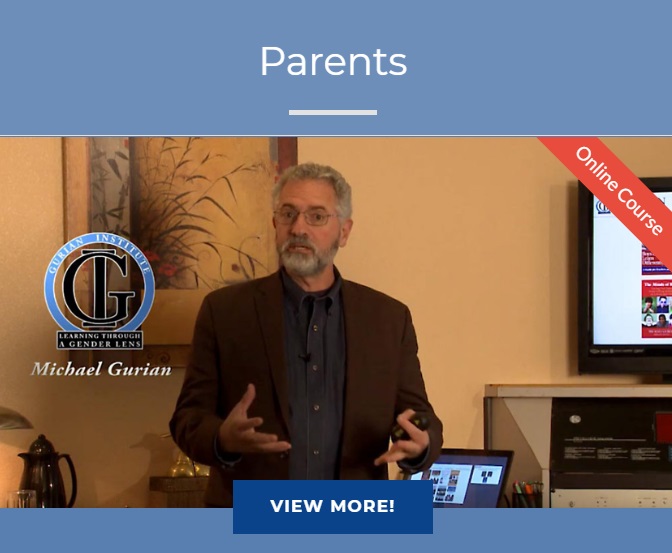
Hi Friends,
This month I’d like to shed light on one of the more debilitating, yet insidious, impacts on our mental health – burnout.
Burnout is not just exhausting. It can make us jaded, disaffected, distant, and disconnected. At The Center, we see burnout more and more as a primary contributor to depression, trauma, an inability to control anger, and withdrawal.
Before we get deeper into the causes of burnout – and tools you can use today to combat it – here are some great resources for you or a loved one struggling with burnout and high stress levels.
- Are you experiencing burnout? Take this Burnout Test to find out.
- Watch or listen to Dr. Jantz’s Recent Podcast Stress & Burnout.
- The Center • A Place of HOPE articles on stress and burnout.
- Beyond Burnout: Regain Your Passion and Energy by Dr. Gregory Jantz.
- Six Steps to Reduce Stress by Dr. Gregory Jantz.
- Take one of The Center’s 21 mental health tests.
A Closer Look at Burnout
Burnout was first used to describe a condition that develops after a cycle of severe stress, often affecting people who help others in a professional setting, such as social workers, nurses, and firefighters. The term was popularized in the mid-1970s by psychologist Herbert Freudenberger after he observed how volunteers working at free medical clinics were losing motivation and becoming emotionally depleted.
In subsequent years, research confirmed that burnout affects not only service providers working in intense environments, but also teachers, parents, college students, baristas, construction workers, landscapers, and beekeepers. In short, all of society.
The fact is, we live in a culture that is:
- Fast-paced and getting faster all the time
- Overwhelmed with options and decisions
- Inundated with information and digital stimuli
- Constantly stressed without recognizing the need for rest and renewal
- Obsessed with achievement and accomplishments, often at the cost of personal wellness
Psychology Today’s definition of burnout demonstrates its broad impact: “Burnout is a state of emotional, mental, and often physical exhaustion brought on by prolonged or repeated stress. Though it’s most often caused by problems at work, it can also appear in other areas of life, such as parenting, caretaking, or romantic relationships.”
Most people think of burnout as it relates to the workplace, and it’s true that job stress is one of the most common sources of emotional, mental, and physical exhaustion. But to be more accurate, burnout is caused by prolonged stress across a spectrum of life situations.
If you are currently on the verge of burnout, you are not alone. And if you are experiencing full-blown burnout, you are also not alone. Burnout is not the experience of a few; it has become the experience of the majority.
Consider the following statistics:
- One survey found that 70 percent of workers had experienced burnout over the previous year, with 84 percent of Gen Zers and 74 percent of Millennials reporting burnout.
- In another survey, 68 percent of non-executives and 81 percent of executives said that improving their well-being was more important than advancing their careers.
- Recently, 38 percent of pastors polled by the Barna Group reported they had considered quitting full-time ministry due to fatigue and burnout—a 9 percent increase from the previous year.
What Causes Burnout?
For the vast majority of people, life is hectic, stressful, and exhausting. With the pressures of working a regular job, caring for kids or parents (maybe even at the same time), keeping up with household chores, and juggling community commitments, it’s no surprise that so many people feel depleted.
Still, to some, the real meaning of burnout is quickly becoming vague and abstract. Many people use the term to communicate they’ve lost patience with an activity or have grown bored with a monotonous task. We hear these kinds of sentiments expressed on a regular basis.
But burnout in the mental health sense is a serious and significant condition. It can leave a person chronically drained of energy, lacking motivation to do nearly anything, unable to sleep soundly, apathetic toward relationships, and sliding into poor health habits.
What’s more, burnout often contributes to other problematic conditions, such as depression, anxiety, and addiction. Millions of Americans suffer from its all-too-real effects.
Rising Levels of Stress
According to the American Psychological Association, the combined result of recent pandemics, global conflict, natural disasters, and economic uncertainty can be likened to “impacts of a collective trauma.” Health concerns, finances, and family responsibilities rank as the top daily stressors. Stress levels also seem higher among younger people, with Gen Zers and Millennials reporting the highest average levels of stress.
Complicating the situation is that ironically enough, innovations originally designed to make life easier—advances in technology, for example—often add to our sense of being overwhelmed. We expect our brain to cope with data flowing into them from all directions as our computers, smartphones, and connected devices constantly beep, flash and bombard us with information.
But they aren’t built to cope with the ever-increasing volumes of data we are trying to cram into them. And this is leading to brain malfunction in the form of stress.
What the Science Says
Numerous research studies, spanning from the present day to many decades in the past, demonstrate conclusively the detrimental effects of prolonged stress on our emotional and physiological well-being. Stress can prompt us to seek temporary relief in unhealthy habits that create more stress in the long run. Turning to alcohol, comfort food, or overspending might provide temporary relief and distraction. But eventually it complicates our lives and adds to our stress.
Fortunately, burnout and stress are not the end of the story; they are not a life sentence. None of us are stuck in a place of exhaustion and despair without hope that things will get better. You can heal and regain the joy and vitality you once had.

How Can We Overcome Stress and Burnout?
In my most recent book Beyond Burnout, I offer several ”Burnout Busters.” Here are many of them, most of which you can incorporate today to begin your burnout recovery.
- Make a list of the factors contributing to your stress. For now, focus on addressing only one or two. These might include: Stressors you could eliminate if you stopped procrastinating, overcommitment issues, unhealthy habits you use to escape or avoid dealing with issues, isolation tendencies, or unhealthy thought patterns.
- Identify a partner who can provide accountability and encouragement. You’re not the only one who is stressed. Ask someone you know to join you on this journey. Brainstorm fun stress-busting activities together, hold each other accountable, and celebrate each other’s successes.
- Evaluate your inner voice. Tonight before bed, take a few minutes to ponder the quality of your thoughts throughout the day. Were they generally positive and productive? Critical and judgmental? Think of some specific ways you can make your thoughts an ally, not an enemy of your well-being.
- Focus on what you’re good at. Engage your strengths by participating in at least one activity that leaves you feeling empowered.
- Identify one distorted thought and replace it with the truth. Write out self-critical thoughts that come to mind. Choose one and replace it with a positive truth. For instance, exchange “I’m a failure” with “God made me in his image. He has a specific purpose for me that is good.”
- Declutter. Go through one room in your house and look for things that no longer have purpose or add value to your life. Commit to getting rid of at least five items—just for starters.
- Go online less. Studies consistently suggest a significant link between too much time online—especially on social media platforms—and elevated depression and anxiety. Take a break by powering off your devices for at least twenty-four hours.
- If you’ve been physically inactive, determine to reverse the trend. Before the week is over, do at least one simple activity like walk a mile, or do two sets of 20 jumping jacks.
- Identify two habits that may be preventing quality sleep. Too much caffeine? Too much screen time before bed? Start adjusting tonight.
- Replace negative messages with positive affirmations and healthy boundaries. On index cards or your phone, write a list of affirmations that counteract negative messaging you’ve been exposed to. Every morning, speak the affirmations aloud and determine what actions you will take to establish boundaries.
- Ask for divine help. As Jesus told his followers, “Everyone who asks receives; the one who seeks finds; and to the one who knocks, the door will be opened” (Matthew 7:8). There is no more powerful prayer than a simple plea for help. Also ask for God’s wisdom as you seek to overcome burnout and make decisions that will foster healing.
- Regularly pause to say thank you. Gratitude is a key component in healing from burnout. Make a choice each day to be grateful. Before you go to sleep, review the gifts that came your way. On a walk with a friend, mention some things you’re thankful for. Keep a gratitude journal and pray with a particular focus on thankfulness.











